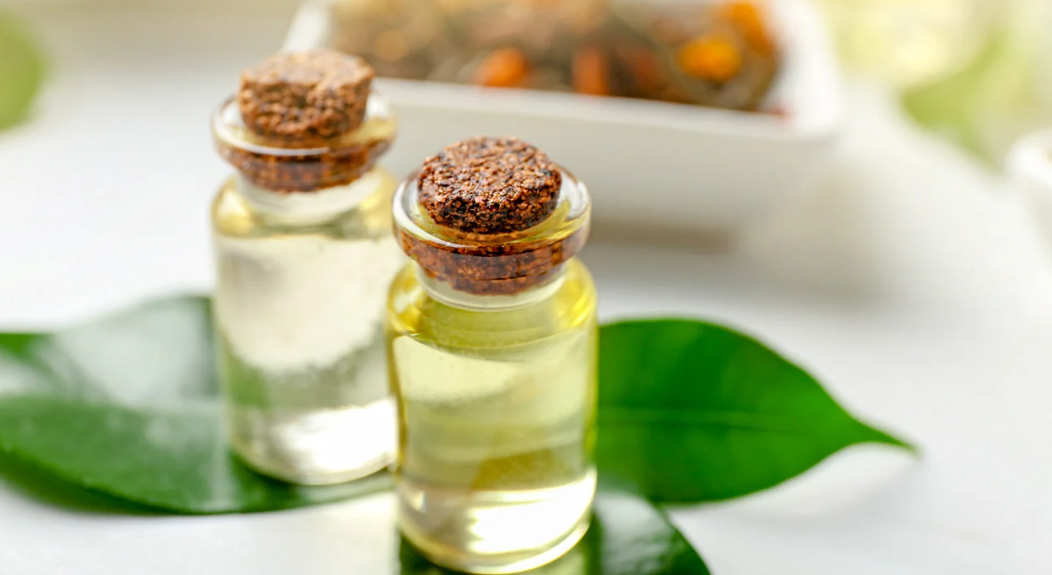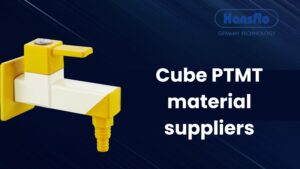Why Quality Matters: Standards for Premium Tea Tree Oil Supply
Tea tree oil has gained global recognition for its incredible versatility and therapeutic properties. Derived from the leaves of the Melaleuca alternifolia tree, this essential oil is valued for its antibacterial, antifungal, and anti-inflammatory benefits.
However, not all tea tree oils are created equal. The demand for premium-quality tea tree oil has led to the need for stringent standards that ensure purity, efficacy, and safety.
In this blog, we will explore why quality matters in tea tree oil supply and the standards that define premium-grade products.
The Importance of Quality in Tea Tree Oil
Tea tree oil is widely used in skincare, haircare, and household products.
Its therapeutic benefits depend on its chemical composition, which can vary due to factors such as plant species, growing conditions, and extraction methods.
Poor-quality tea tree oil not only fails to deliver the expected benefits but may also pose risks such as skin irritation or allergic reactions.
Key reasons why quality matters include:
- Therapeutic Efficacy: High-quality tea tree oil contains the right balance of active compounds, such as terpinen-4-ol, which is responsible for its antimicrobial properties. Impurities or adulterants can dilute these benefits, rendering the oil less effective.
- Safety Assurance: Substandard tea tree oil may contain harmful substances like pesticides, heavy metals, or synthetic additives. Ensuring quality minimizes the risk of adverse reactions, especially for products applied directly to the skin.
- Consumer Trust: Consistency in quality fosters trust among consumers and enhances brand reputation. Premium-grade oil suppliers are more likely to secure long-term customer loyalty.
Standards Defining Premium Tea Tree Oil
Achieving premium quality in tea tree oil involves meeting industry standards that address purity, composition, and sustainability. Below are the key benchmarks:
- ISO 4730:2017 Certification: The International Organization for Standardization (ISO) provides guidelines for tea tree oil quality. ISO 4730:2017 specifies the acceptable range of chemical components, such as a minimum of 30% terpinen-4-ol and a maximum of 15% cineole. Products adhering to this standard are considered authentic and effective.
- GC-MS Analysis: Gas Chromatography-Mass Spectrometry (GC-MS) is a testing method used to identify and quantify the chemical compounds in tea tree oil. Premium suppliers rely on GC-MS analysis to confirm the oil’s purity and compliance with ISO standards.
- Organic Certification: Organic tea tree oil is free from synthetic pesticides and fertilizers. Certification bodies like USDA Organic or ECOCERT ensure that the oil is sustainably and ethically sourced.
- Sustainability Practices: Responsible sourcing of tea tree leaves ensures environmental preservation and supports local farming communities. Premium suppliers often engage in sustainable harvesting and fair-trade practices.
- Proper Packaging and Storage: High-quality tea tree oil is stored in dark glass bottles to protect it from light and oxidation. Suppliers must also ensure airtight sealing to maintain freshness and prevent contamination.
How to Identify Premium Tea Tree Oil
As a consumer or retailer, understanding how to identify premium-quality tea tree oil can save you from investing in subpar products. Here are some tips:
- Check the Label: Look for key information, such as the botanical name (Melaleuca alternifolia), country of origin, and ISO certification. The label should also list the main chemical components.
- Verify Purity: Pure tea tree oil should not contain synthetic additives or diluents. Request GC-MS reports from the supplier if available.
- Examine the Scent and Texture: Premium tea tree oil has a distinct, camphoraceous aroma and a lightweight texture. Unusual smells or greasy residues may indicate impurities.
- Buy from Reputable Suppliers: Established suppliers with a track record of quality assurance are more likely to provide premium-grade oil. Research reviews and certifications before making a purchase.
The Role of Suppliers in Ensuring Quality
Suppliers play a pivotal role in maintaining the quality of tea tree oil. Their responsibilities include:
- Ethical Sourcing: Collaborating with trusted farmers who use sustainable cultivation practices.
- Quality Control: Conduct rigorous testing at every stage, from raw material selection to final packaging.
- Transparency: Providing detailed product information and certifications to buyers.
- Continuous Improvement: Investing in research and technology to enhance product quality and sustainability.
Conclusion
Quality is the cornerstone of premium tea tree oil supply.
From therapeutic efficacy to consumer safety, adhering to strict standards ensures that tea tree oil delivers its promised benefits.
Whether you are a consumer seeking natural remedies or a retailer sourcing essential oils, prioritizing quality is a decision that pays off in the long run.
By choosing premium-grade tea tree oil, you not only ensure the best outcomes but also support sustainable practices that benefit the planet and its people.
Always opt for trusted suppliers who uphold the highest standards in every aspect of their operations.
For more posts, Click here














Post Comment